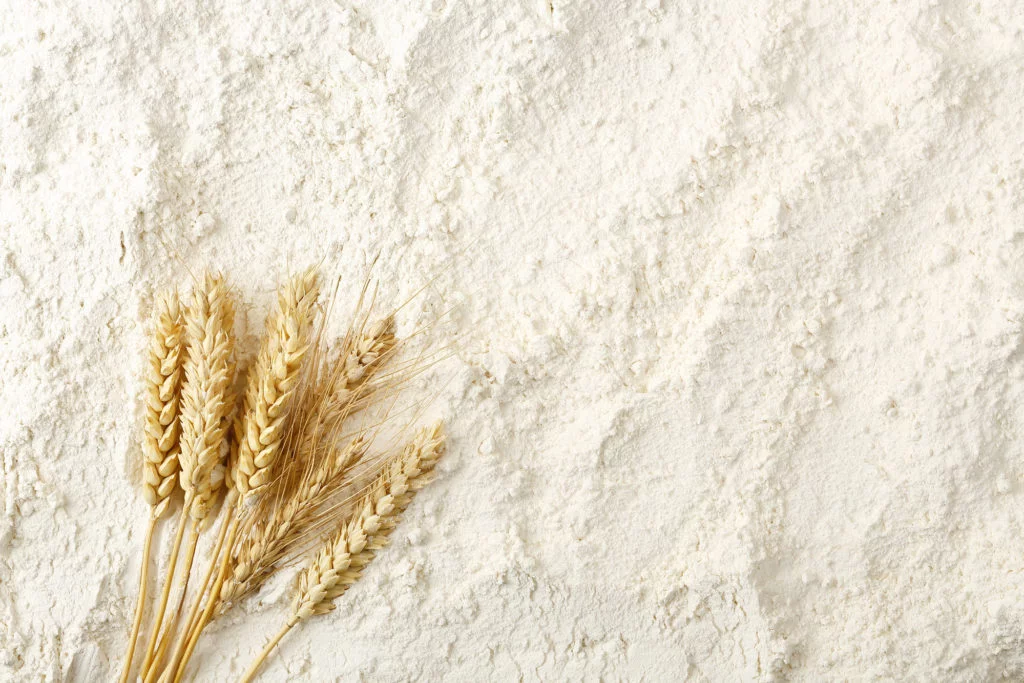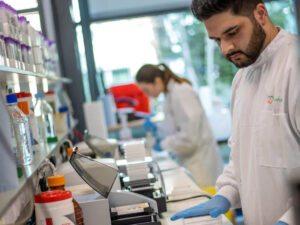How long does it take for alcohol intolerance to show?
Some sufferers may experience alcohol intolerance symptoms shortly after consuming alcohol – roughly 20 or 30 minutes – with some finding the runny nose and flushed face occurring first.
Respiratory reactions also tend to happen quickly, including shortness of breath and quickening of your heart rate. The signs and symptoms depend on how much alcohol has been drank and individual tolerances.
If you have an IgG type of intolerance reaction to alcoholic drink ingredients these reactions may take hours or even days to show up.
How long do alcohol intolerance symptoms last?
If the intolerance is severe, symptoms like major headaches can occur that can carry on for one or two hours. Every person, situation, and severity are different, and not everyone will experience intolerances the same way.
If your exposure to an alcoholic drink ingredient is on a regular basis then chronic conditions such as IBS, headaches and migraines might be ongoing.
The most effective way to stop alcohol intolerance is by halting or restricting consumption of alcohol – non-alcoholic drinks (that don’t contain the specific ingredients that you are reacting to) can be useful in social situations.
Intolerance tests can help you to understand what it is that you’re intolerant to, as it may be that it is ingredients within certain drinks that are causing you discomfort and other beverages may be okay for you to consume.
Advice for alternatives
It is widely known and understood that over consumption of alcohol is generally bad for your health. However, many of us enjoy a drink in moderation.
If you suffer from alcohol intolerance, it is important to understand which ingredient of the drink causes a problem for you (such as the alcohol itself or is it the wheat, the gluten in the wheat, fruit or yeast?). With this knowledge, you can choose alternatives to help you avoid the symptoms of alcohol intolerance.
How to Test for Alcohol Intolerance
To determine if you have alcohol intolerance, you may want to consider the following testing options:
Genetic Testing
Alcohol intolerance is often associated with a deficiency in the enzymes alcohol dehydrogenase (ADH) and/or aldehyde dehydrogenase (ALDH)which are crucial for metabolising alcohol. Genetic testing can help identify mutations in the genes that are linked to this condition.[3] This type of alcohol intolerance test is typically performed in a medical setting where a healthcare professional collects a DNA sample (usually through a blood sample or cheek swab), and the sample is then sent to a lab for analysis.
At-Home Blood Test Kits
There are various home-to-laboratory test kits that can help identify sensitivities to common ingredients found in alcoholic beverages. These tests typically measure the immune system’s IgG response to different food and drink ingredients. For example, YorkTest’s Premium Food Intolerance Test is a reliable and easy-to-use option that tests common ingredients found in alcoholic beverages, such as certain grains, yeast or fruits. Because genetic causes of alcohol intolerance are uncommon, this type of test is a great place to start for most individuals who want to know more about how they can change their diet and feel better.
Any abnormal or concerning results from an alcohol intolerance test or similar test kit should be followed up with a healthcare professional for further evaluation and confirmation through more comprehensive testing if necessary.
Scientific References
- Wüthrich B. Allergic and intolerance reactions to wine. Allergol Select. 2018 Sep 1;2(1):80-88. doi: 10.5414/ALX01420E. PMID: 31826033; PMCID: PMC6883207.
- Morozova TV, Mackay TF, Anholt RR. Genetics and genomics of alcohol sensitivity. Mol Genet Genomics. 2014 Jun;289(3):253-69. doi: 10.1007/s00438-013-0808-y. Epub 2014 Jan 7. PMID: 24395673; PMCID: PMC4037586.
- Shin MJ, Cho Y, Davey Smith G. Alcohol Consumption, Aldehyde Dehydrogenase 2 Gene Polymorphisms, and Cardiovascular Health in Korea. Yonsei Med J. 2017 Jul;58(4):689-696. doi: 10.3349/ymj.2017.58.4.689. PMID: 28540979; PMCI


















